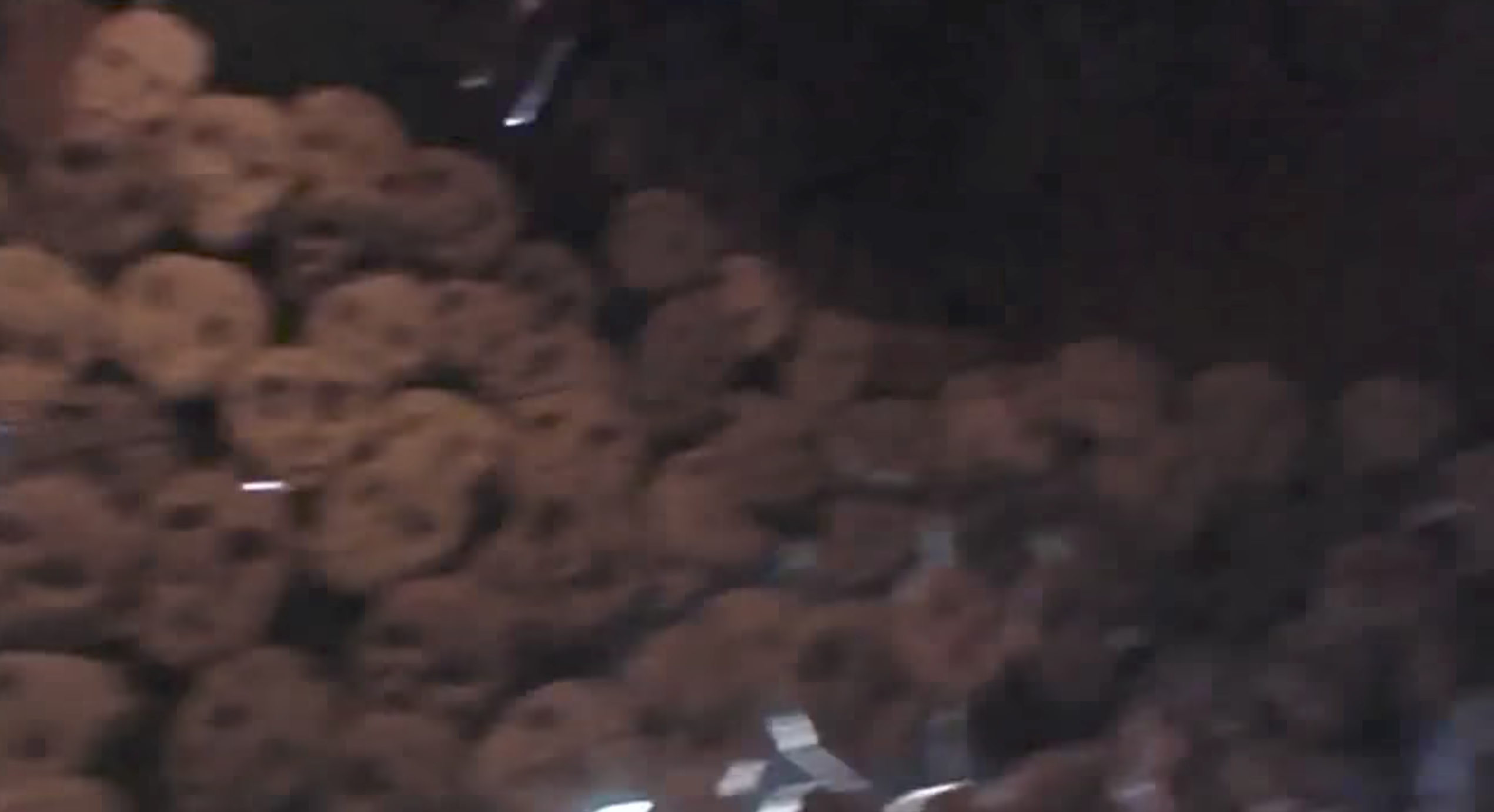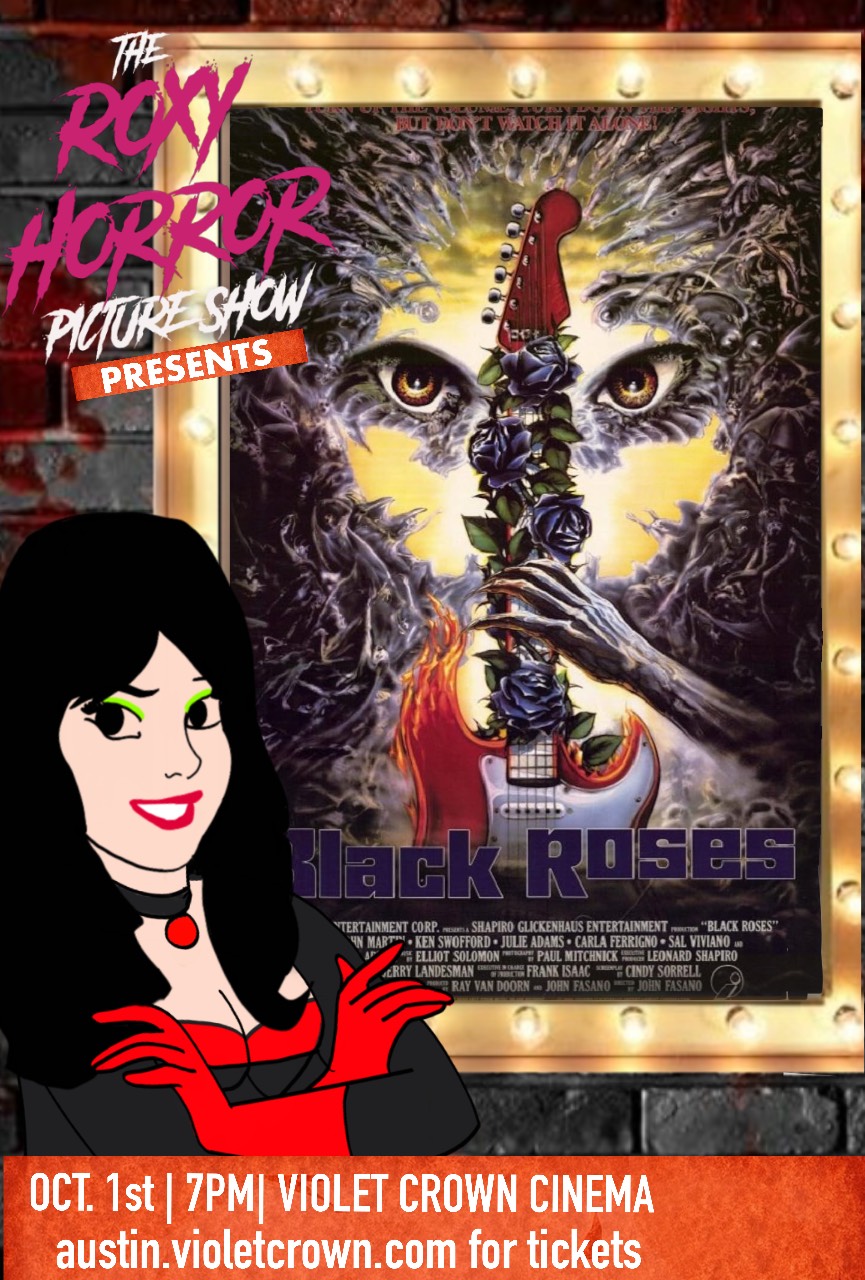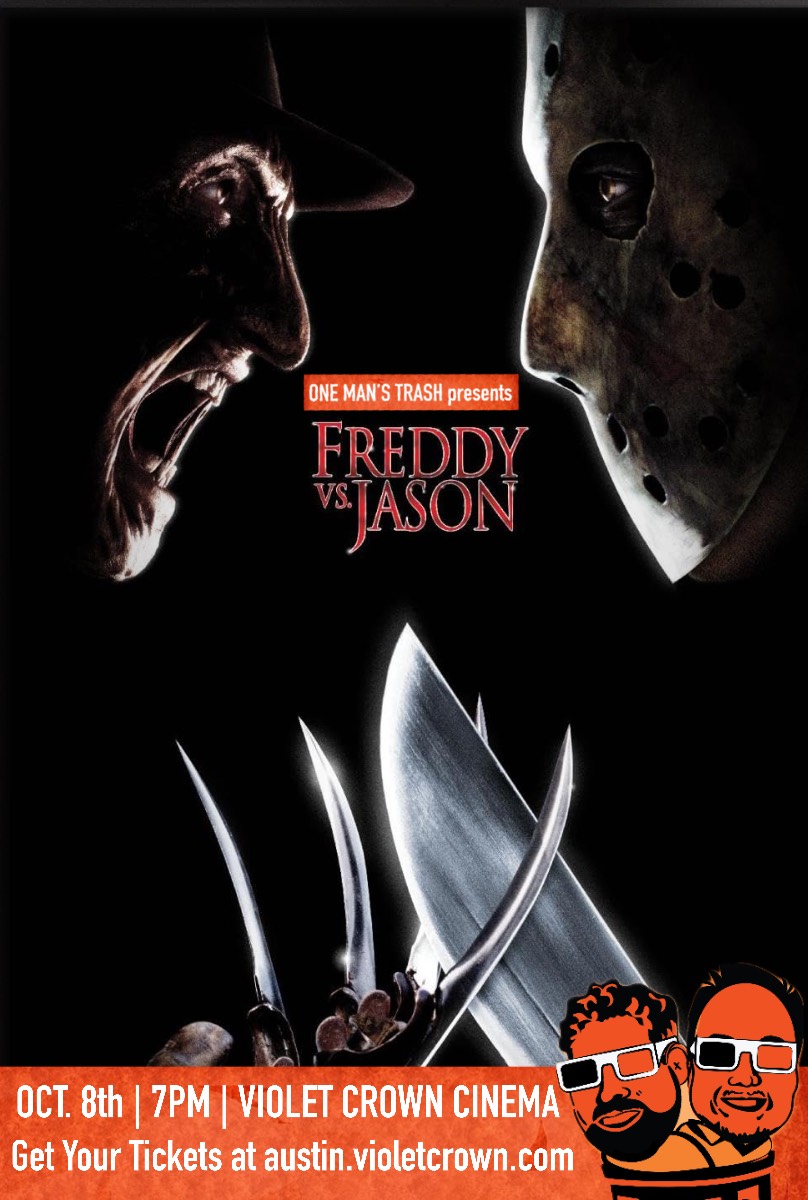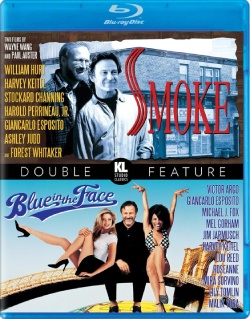Preface: For the two years I lived with One of Us’s Adain Harr, I endlessly attempted to sit him down to watch Kôji Shiraishi’s Noroi (2005). Every time we searched for something to watch I professed the sheer terror of it’s near-two-hour runtime, but in turn my pleading formed into a running joke between everyone in the apartment. Our lease has since ended and my mission failed, so it is absolutely necessary to call on him publicly to watch this god-damn movie once and for all.
Here we go: Masafumi Koboyashi (Jin Muraki of 2006’s Nightmare Detective) is a documentarian notable for his explorations into supernatural legends. Shortly after Noroi’s production, Koboyashi disappears, with references linked to his most recent subject. Several components serve as a starting point: Junko (Tomono Kuga of Invisible Waves), an illusive woman tied to the bizarre occurrences cited by her neighbors; Kana, a young girl with psychic abilities; Marika Matsumoto (voice of Final Fantasy’s Rikku) portraying herself, blacking out at an infamous shrine only to have fits of sleepwalking/odd behavior afterward; and Hori, a disabled man sporting a foil suit, claiming ectoplasm worms feed off our minds.
From there on the layers extend, tragedy between characters are expressed cold and rigidly; we are part of the investigative team and every disappearance or sighting resonates as reality. The best way to describe the feeling captured by the film is likening it to viewing alleged ghost photography or videography alone in bed within the early hours: faux or not, the lights are coming back on.
Between freeze frames, matter of fact text, and emotional distance from the subjects, an undying connection to their desperation and sheer terror exists as it becomes increasingly evident nobody has control. While brief images showcase something genuinely gruesome, the impact derives from the gut feeling that something is wrong and we’re all going down with it. Tone aside, the mystery itself is engrossing, watching the web string itself from character to character within the first act is endlessly entertaining, and once the silky threads thicken, every possible fork in the road is explored—and every passage way is pitch black.
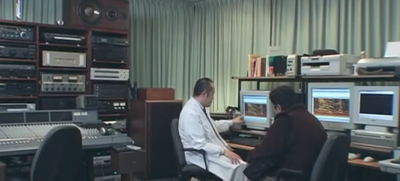
Shiraishi co-wrote Noroi with his occasional partner Naotuki Yokoto (Notable for their collaborations on 2007’s Carved: The Slit-Mouthed Woman and 2004’s Ju-Rei: The Uncanny, both of which Shiraishi directed). Despite the return to a theme of Japanese supernatural lore—some common and some existing on in the movie—Shiraishi’s a versatile director who covers not just other legends, but in different styles resembling thesort of approach Lucio Fulci led with: similar stories with wildly different content. Carved is inspired by a real Japanese legend though resembles more a slasher than anything. Then there’s Shiraishi’s notorious Grotesque (2009) which resembles the early Guinea Pig films more than anything.
In a time when found-footage and all around cinéma vérité horror was on the rise, and Paranormal Activity was about to make it pretty much the only thing we were going to see for a while in theatrical horror, Noroi set the standard not just for the subgenre and style, but as being what I consider the best horror film of its decade. It manages to spare no acre of open woodland to topple the claustrophobic standard already set by Neil Marshall’s same-year contender, The Descent.
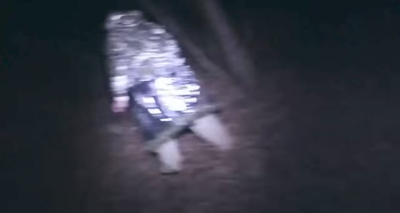
Twelve years have passed without a video release in North America (though teased years’ prior when rumors of a remake gained traction but eventually faded), previously limited to R0 PAL copies that fell away with the specialty retailers that supplied them (rest in peace: HK Flix and Xploited Cinema). Shudder’s die-hard curator’s finally presented this unsung masterpiece this year (along with Shiraishi’s recent Ringu and Ju-On face-off Sadako vs. Kayako) and I cannot urge you enough to click this link and watch it. I would love to know the opinion from anyone reading this (especially from one particular staff-writer who may or may not have been my roommate), whether you enjoy it as much I did or were disappointed, please share because even if not all praise, Noroi certainly deserves the conversation.
I give Noroi the highest possible recommendation. Watch it in darkness.

